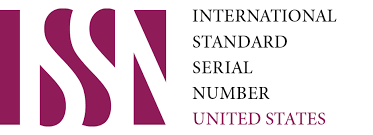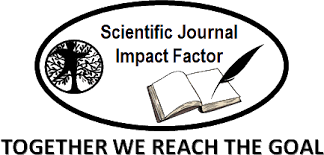Discourse and Its Role in Politics: Analyzing the Power of Political Speech
Keywords:
political discourse, power, critical discourse analysisAbstract
This article explores the pivotal role of discourse in political communication, with a focus on political speech. Drawing on theories from critical discourse analysis (CDA) and political linguistics, it reveals how political actors manipulate language to construct social realities, assert ideological dominance, and legitimize power. Through analysis of political speeches from leaders in the United States, Russia, and Uzbekistan, the study identifies key rhetorical strategies—such as framing, metaphor, and moral appeal— that serve political agendas. The findings underscore that discourse is not merely a communicative act but a strategic performance of power. This paper aims to provide insight into how political discourse functions across different sociopolitical contexts and contributes to the shaping of collective consciousness
References
Charteris-Black, J. (2005). Politicians and Rhetoric: The Persuasive Power of Metaphor. Palgrave
Macmillan.
Chilton, P. (2004). Analysing Political Discourse: Theory and Practice. Routledge.
Fairclough, N. (1995). Critical Discourse Analysis: The Critical Study of Language. Longman.
Karimov, I. (2010). Uzbekistan on the Threshold of the 21st Century. Tashkent: Uzbekistan Publishing.
Lakoff, G. (2004). Don't Think of an Elephant! Know Your Values and Frame the Debate. Chelsea Green
Publishing.
Mirziyoyev, Sh. (2021). Address at the 30th Anniversary of Uzbekistan’s Independence. [Government
Portal of Uzbekistan].
Obama, B. (2009). Inaugural Address. The White House Archives.
Putin, V. (2014). Address on Crimea. Kremlin Official Website.
Van Dijk, T. A. (1997). Discourse as Social Interaction. Sage Publications.
Van Dijk, T. A. (2006). Politics, Ideology, and Discourse. In Encyclopedia of Language & Linguistics
(2nd ed., pp. 728–740). Elsevier.
Downloads
Published
Issue
Section
License

This work is licensed under a Creative Commons Attribution-NonCommercial 4.0 International License.
User Rights
Under the Creative Commons Attribution-NonCommercial 4.0 International (CC-BY-NC), the author (s) and users are free to share (copy, distribute and transmit the contribution).
Rights of Authors
Authors retain the following rights:
1. Copyright and other proprietary rights relating to the article, such as patent rights,
2. the right to use the substance of the article in future works, including lectures and books,
3. the right to reproduce the article for own purposes, provided the copies are not offered for sale,
4. the right to self-archive the article.













